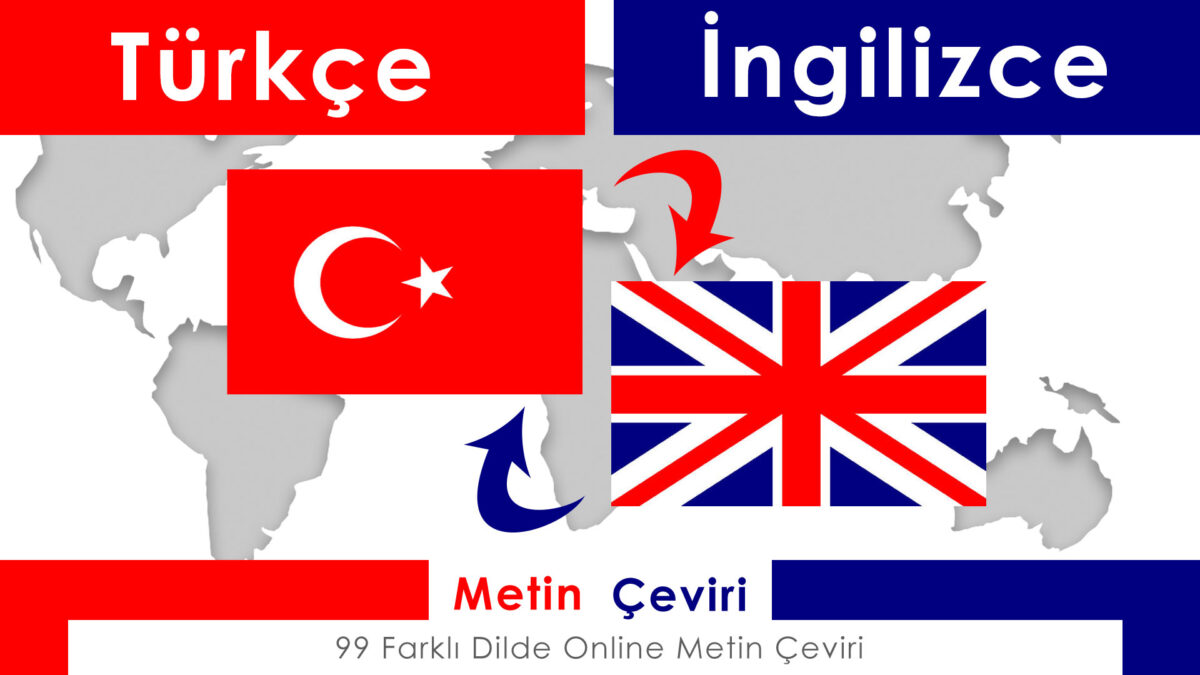Türkçe Metin |
| Dünyada ve Türkiye’de eğitimin her düzeyinde okulların ne zaman, nasıl ve hangi koşullarda açılacağı ile açılmaması durumunda nasıl bir planlamayla eğitime devam edileceği zihinleri çokça meşgul eden sorular arasındadır. Virüse dair her geçen gün ortaya çıkan yeni bilimsel bulgular ve pandeminin seyri her bir ülkede sürekli değişim içerisindedir. Bu nedenle karar vericiler, hem bu gelişmeleri takip etmek hem de eğitimin en verimli şekilde nasıl ilerleyeceğine yönelik çalışmalar yapmak durumundadırlar. Bu süreç, basit bir fayda maliyet analizinden çok daha fazlasını içermektedir. Çünkü öğrenciler için bu kriz sadece akademik gelişimden geri kalmak değil akran öğrenimi, sosyalleşme ve hatta fiziksel hareketten de mahrum kalma anlamına gelmektedir. Sürekli ve yoğun müdahaleye ihtiyacı olan özel gereksinimliler, mülteciler, yoksullar ve diğer dezavantajlı gruplar düşünüldüğünde eğitim, akademik ilerlemeden çok daha fazlasını kapsamaktadır. Her geçen gün farklılaşan ve değişen, oldukça dinamik bu süreçte tüm ülkeler, pandeminin öğrenme üzerindeki etkilerini en aza indirmek için çok çeşitli yaklaşımlar kullanmaktadırlar. Tüm ülkelerin eğitimde benzer ikilemler yaşadığı göz önünde bulundurularak Küresel Eğitim Komisyonu (Global Education Coalition) kurulmuştur. Bu komisyon, eşitsizliklerin arttığını belirterek ülkelerin eğitim süreçlerine devam etmeleri için destekleme çalışmaları yürütmektedir. Birleşmiş Milletler Çocuklara Yardım Fonu (UNICEF) ve Dünya Bankası gibi uluslararası kuruluşlar, eşitsizliklere dikkat çekerek eğitimin devam etmesine yönelik destekleyici raporlar, eylem planları ve metinler yayımlamaktadır. |
İngilizce Çevirisi |
| At all levels of education in the world and in Turkey, when, how and under what conditions schools will be opened, and how to continue education with planning if they are not opened are among the questions that are very busy for minds. New scientific findings about the virus and the course of the pandemic are constantly changing in each country. For this reason, decision makers have to follow these developments and work on how to progress education in the most efficient way. This process involves much more than a simple cost-benefit analysis. Because for students, this crisis means not only falling behind in academic development, but also depriving them of peer learning, socialization, and even physical movement. Given the special needs, refugees, the poor and other disadvantaged groups in need of continuous and intensive intervention, education covers much more than academic progress. In this highly dynamic process, which differs and changes every day, all countries use a wide range of approaches to minimize the effects of the pandemic on learning. Considering that all countries experience similar dilemmas in education, the Global Education Coalition was established. This commission works to support countries to continue their education processes by noting that inequalities are increasing. International organizations, such as the United Nations Children’s Aid Fund (UNICEF) and the World Bank, publish supportive reports, action plans and texts to continue education, noting inequalities. |
